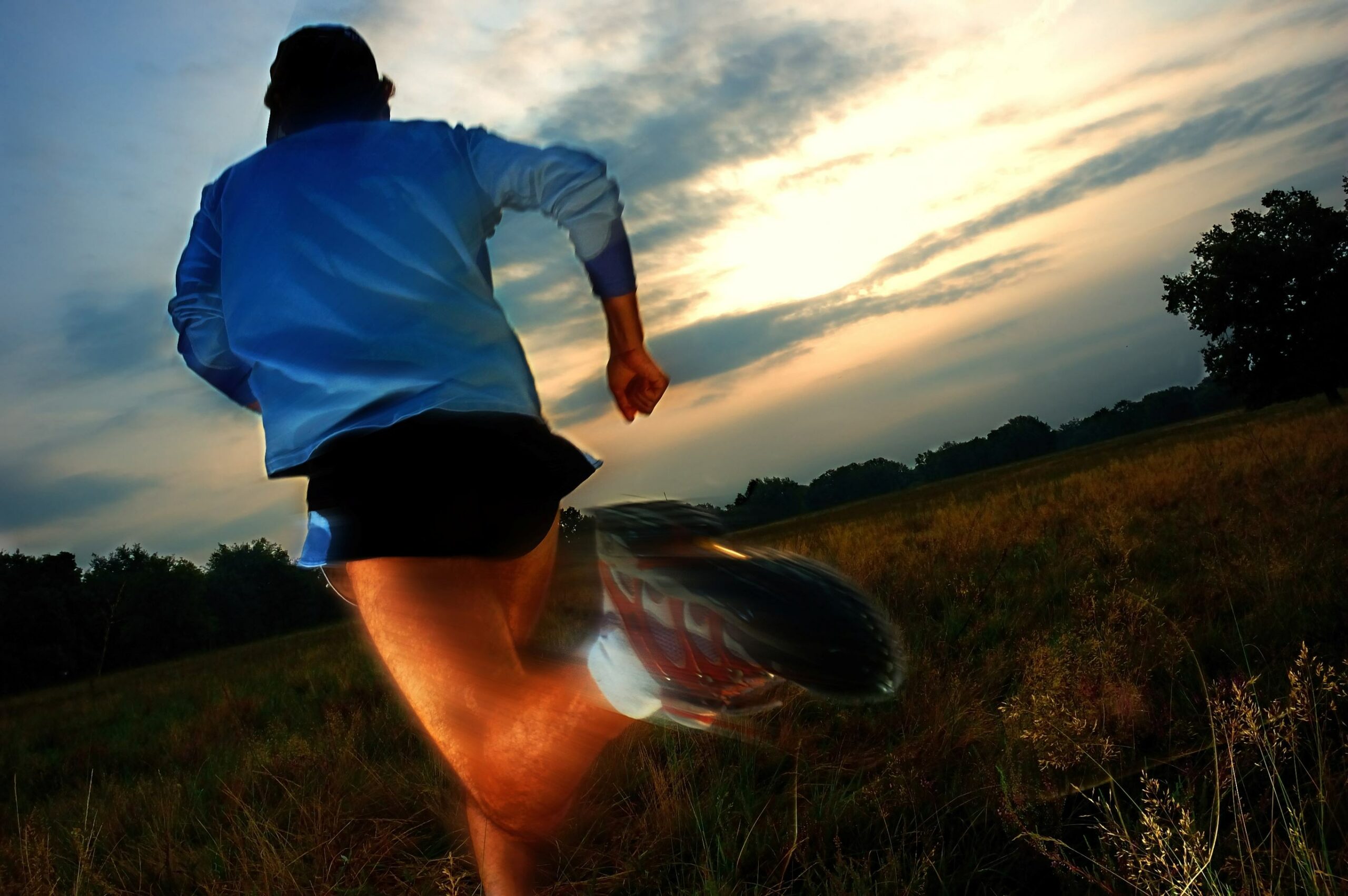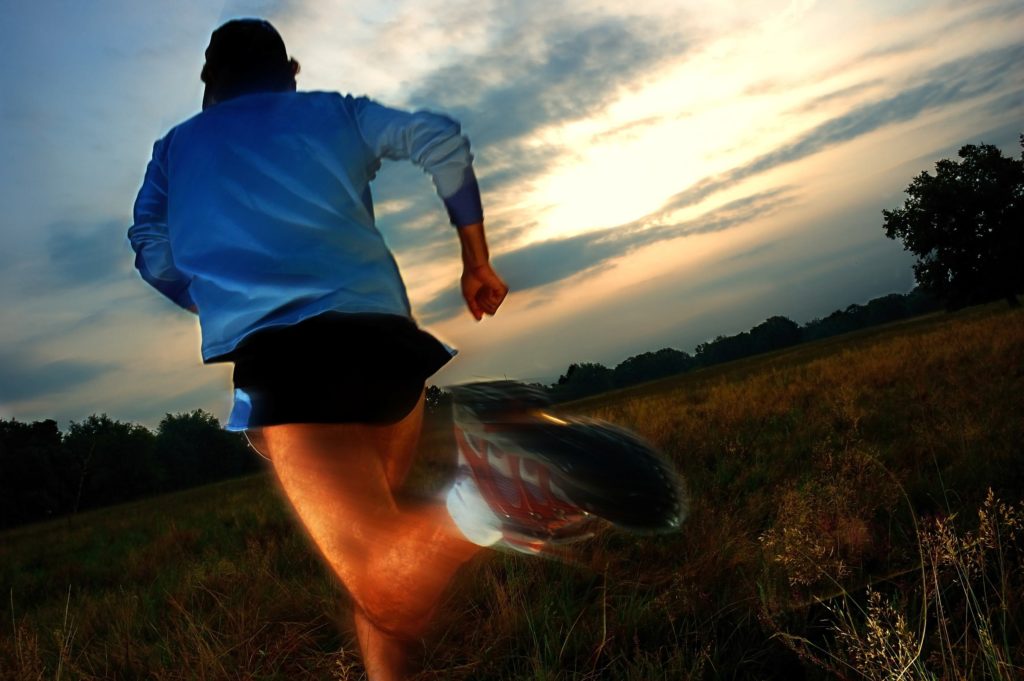How to find the right pace when jogging

Studies worldwide show that most Joggers are running too fast. This applies not only to ambitious runners but also to all those who run for health reasons. The problem with that: On the one hand it is not suitable for your health, on the other hand, you are boycotting your training success. The good news: It’s easy to find the right pace when jogging.
There is hardly anything healthier than jogging
Scientists all over the world are searching for a pill that guarantees long and healthy life. A medication that pushes the heart and the circulation provides strong muscles and lifts up the mood. But it doesn’t require a pill from a pharmaceutical company. Because those who go jogging regularly and at the right pace have the best chances of staying fit and healthy into old age.
Most joggers are running too fast
However, there is one big problem. Recent European studies with more than 10 000 participants show that most joggers are running too fast. Here an overview:
- 68 percent of all joggers are running too fast or at an irregular pace.
- Many ignore the warning signals of the body, such as pain in the knee or irregular heartbeat.
- 51 percent of the male joggers and 35 percent of the female joggers, who run more than 20 kilometers or 12 miles a week run too fast.

The most common reasons
The researchers found two main reasons: Lack of body awareness and, above all, comparisons with others. Even hobby runners have a strong performance idea. In addition to that, many runners are embarrassed when they are overtaken by other runners.
Too fast running can damage your health
If you really want to do something for your health, you should adjust the jogging pace to your own performance abilities. Otherwise, serious health problems could arise. A Danish long-term study with 1089 joggers and 413 non-athletes at the Frederiksberg Hospital in Copenhagen has impressively proven this. Here are the results:
- Those who run faster than their performance capacity over the years damage their cardiovascular system, mainly because too many stress hormones are released. The joints also suffer, sleep disorders occur, and even the risk of depression increases.
- The mortality rate for joggers running too fast is as high as for non-athletes.
- Those who find the right pace when jogging do a lot for their health. One becomes ill less often, have a longer life expectancy and feel better overall.

How to find the right pace when jogging
Fortunately, it’s not difficult to find the right pace when jogging. Most people who run regularly have undoubtedly heard the term: aerobic. It is essential to train in the so-called aerobic range: The body always has sufficient oxygen at its disposal with aerobic endurance. The body obtains most of its energy from fat and only a tiny proportion from carbohydrates. When running faster, the body needs more carbohydrates. The oxygen supply to the muscle deteriorates at some point, and the body has to provide the energy anaerobically.
The training basis
Knowing the difference between anaerobic and aerobic training can make all the difference. Knowing that the best marathon runners train up to 80 percent in the aerobic area might be helpful. And here are a few tips on how to find your personal running pace:
- Talk Test – A simple method to estimate the best personal speed. One should always be able to talk when jogging. Anyone who gasps for air is certainly not in a position to do so.
- 4-Step-Breathing Technique: Whoever starts running should breathe four steps out and four steps in for about one minute. The tempo run in this phase corresponds to the current aerobic performance. This speed should be maintained, but not the breathing rhythm. Since you always exhale more than you inhale while jogging, you would hyperventilate. Tip for the yet inexperienced: Every ten minutes, you should check whether the speed is still right.
- Heart rate monitor: It is worth buying it. The optimal value for all who run for health reasons is the following rule: The pulse should be 65 to 70 percent of the maximum heart rate. Of course, this has to be determined beforehand. This is best done as part of a sports medical examination, like a spiroergometry.
- Body feeling: Not easy for beginners, but easy to learn. The body tells you when the pace is too high. Some start to breathe harder. Others feel their muscles or feel pumped out after a run – all symptoms for a too high speed. After a moderate run, you should feel good. You should feel like you can jog again right now.
- Regeneration: Those who have completed their run in the aerobic area only need a few hours to recover from it. Those who need a longer time and even have difficulties falling asleep in the evening were too fast.